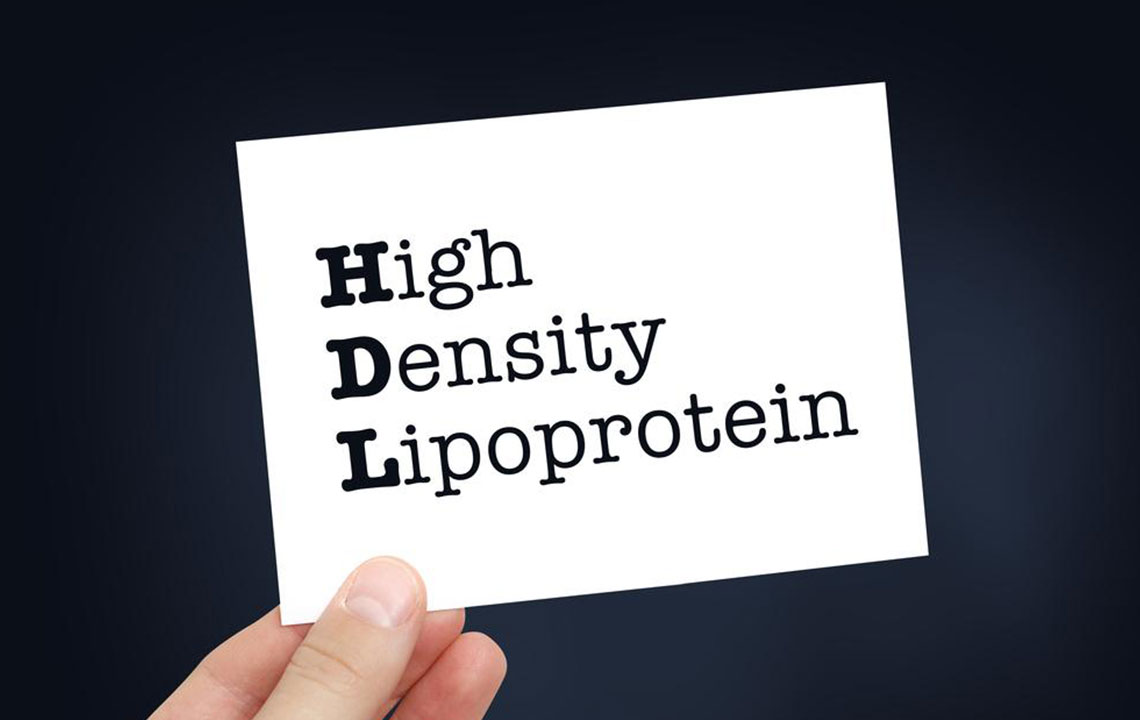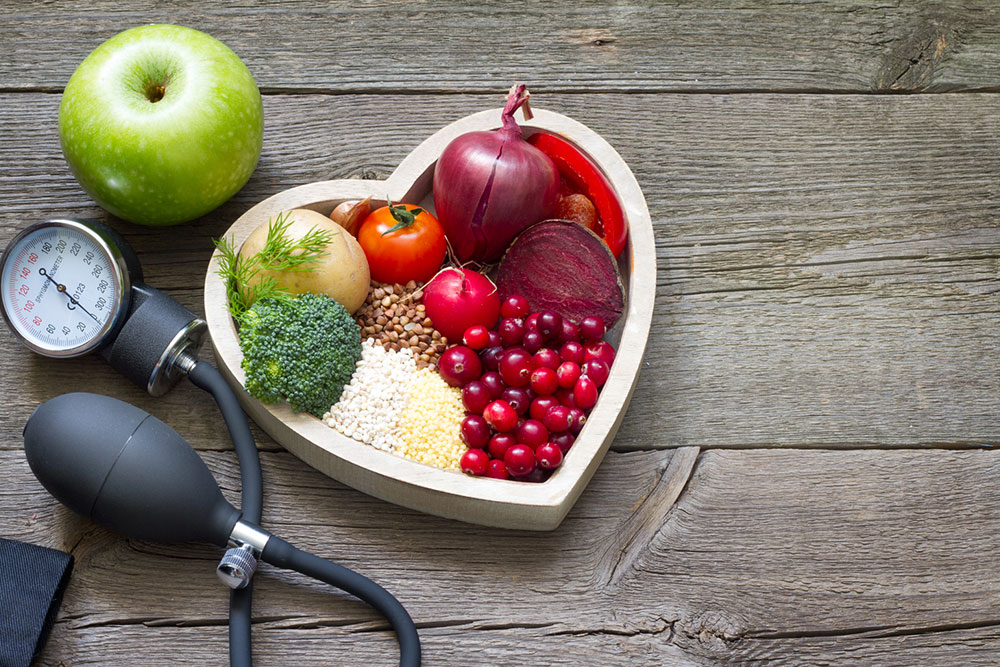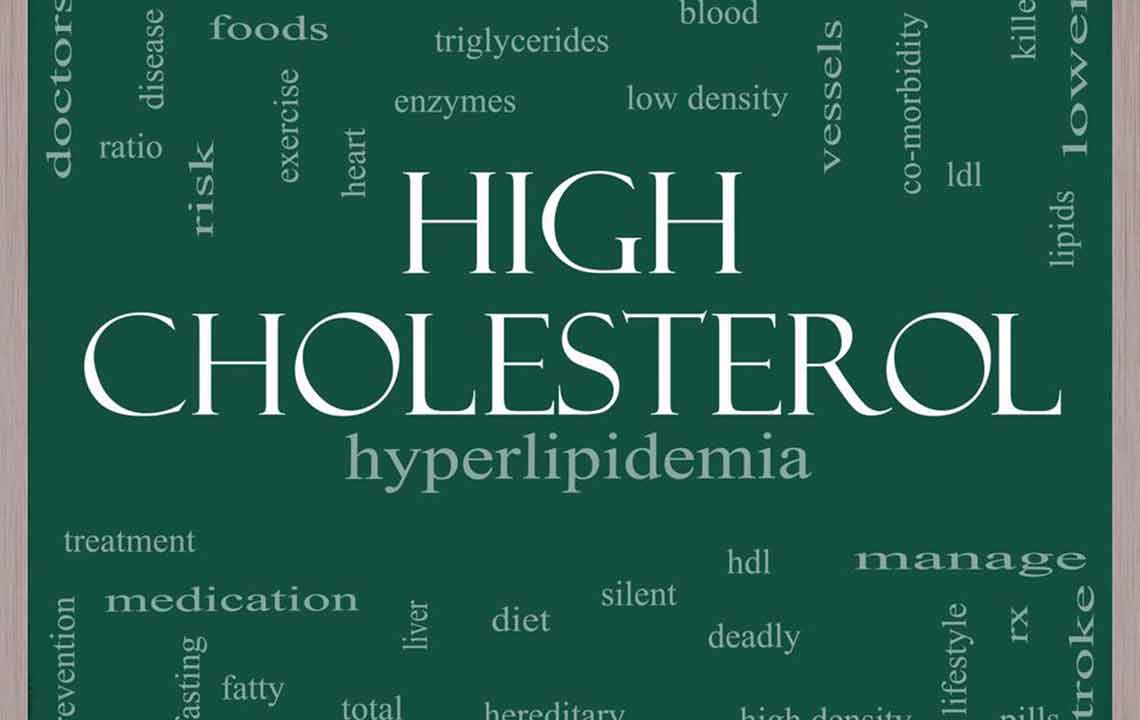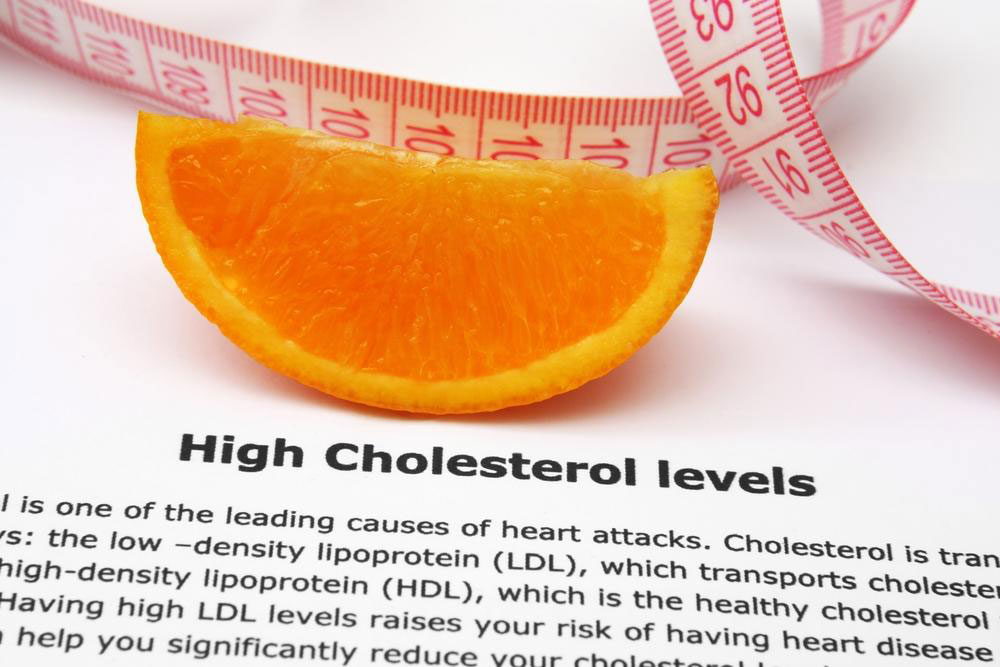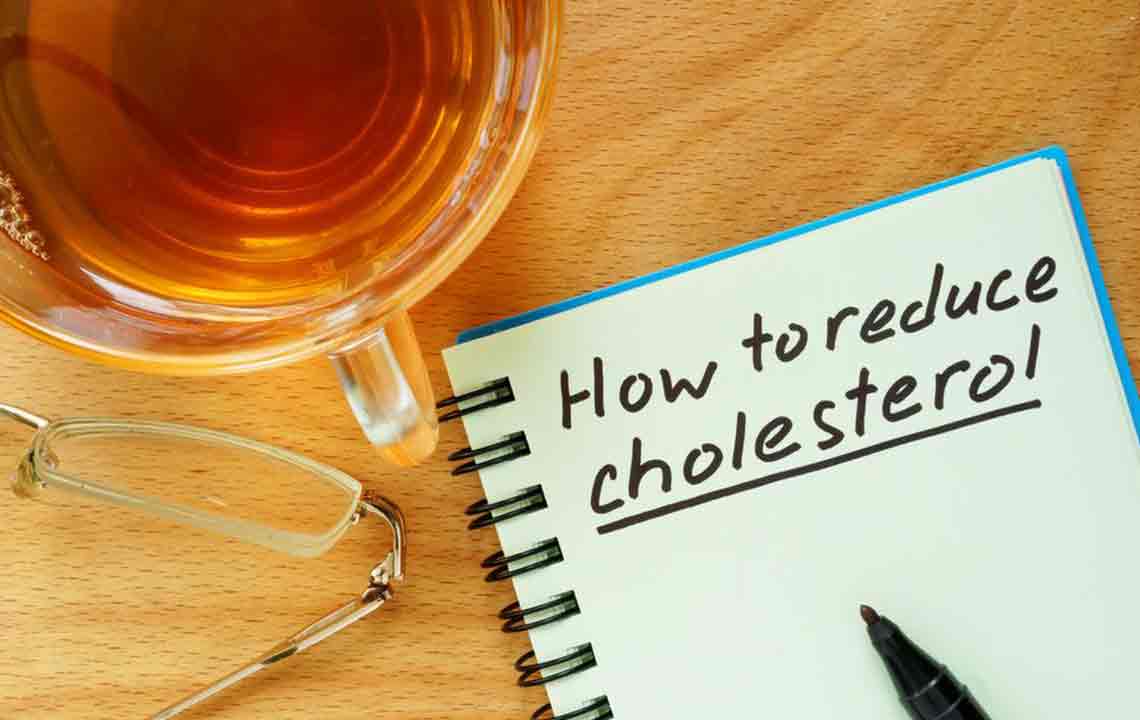Enhance Your Heart Health by Boosting Good Cholesterol (HDL) Levels Naturally
Learn how to naturally boost your HDL (good cholesterol) levels to improve heart health. This comprehensive guide covers understanding cholesterol types, their roles, and effective lifestyle strategies, including diet, exercise, and habits, to elevate HDL while reducing LDL. Achieve a healthier cardiovascular profile and reduce your risk of heart disease with practical, science-backed tips.

Enhance Your Heart Health by Boosting Good Cholesterol (HDL) Levels Naturally
Maintaining optimal cholesterol levels is a cornerstone of cardiovascular health and overall well-being. While many people focus on reducing bad cholesterol (LDL), increasing good cholesterol (HDL) can have a profound impact on reducing the risk of heart disease, strokes, and other cardiovascular conditions. Elevated LDL levels can lead to blockages in arteries, causing serious health concerns, but nurturing your HDL can help counteract these effects effectively. This comprehensive guide dives deep into understanding the difference between HDL and LDL, the benefits of a high HDL level, and practical strategies to naturally elevate your good cholesterol levels, supporting a healthier heart and longer life.
Cholesterol is a waxy, fat-like substance produced naturally by your liver and also obtained through certain foods. It is vital for producing cell membranes, synthesizing hormones such as estrogen and testosterone, and aiding in the production of Vitamin D. However, when cholesterol levels in the blood become unbalanced, particularly when LDL increases and HDL decreases, it sets the stage for plaque accumulation in arteries, narrowing blood flow and increasing the likelihood of cardiovascular events. That is why understanding how to enhance your HDL levels is critically important for maintaining optimal heart health and preventing life-threatening conditions.
Understanding HDL and LDL Cholesterol: What You Need to Know
Cholesterol exists in your bloodstream predominantly attached to proteins, forming lipoproteins. The two primary types are Low-Density Lipoprotein (LDL), often referred to as "bad cholesterol," and High-Density Lipoprotein (HDL), known as "good cholesterol." Managing the balance between these two is essential for cardiovascular health.
What is HDL Cholesterol?
HDL, or high-density lipoprotein, is a complex of particles rich in fats, cholesterol, and proteins called apolipoproteins. Its main job is to help clear excess cholesterol from your bloodstream, transporting it back to the liver where it can be processed and eliminated. Higher levels of HDL are associated with a reduced risk of heart disease because of this protective role.
What is LDL Cholesterol?
LDL, or low-density lipoprotein, carries cholesterol from the liver to various tissues in the body. When present in excess, LDL can deposit fats into arterial walls, forming plaques that cause narrowing and hardening of the arteries (atherosclerosis). Elevated LDL levels are a significant risk factor for heart attacks, strokes, and peripheral artery disease.
The Critical Role of HDL and LDL in Heart Disease Prevention
Monitoring your lipid profile—which includes HDL, LDL, and triglycerides—is a vital step toward assessing your cardiovascular risk. A healthy balance involves keeping LDL levels low and HDL levels high. Medical guidelines often specify desirable thresholds; for example, an HDL level above 60 mg/dL is considered protective against heart disease, while an LDL level below 100 mg/dL is optimal.
Research consistently shows that increasing HDL levels can provide a protective effect, even if LDL levels remain unchanged. Therefore, lifestyle modifications to elevate HDL can significantly reduce your overall risk of cardiovascular problems.
Effective Strategies to Increase Your HDL Cholesterol Naturally
Boosting your HDL levels is achievable through multiple lifestyle changes that promote heart health. Here are scientifically supported strategies to help you elevate your good cholesterol:
Adopt Heart-Healthy Fats: Embrace Olive Oil
Replacing saturated fats with monounsaturated fats, particularly olive oil, can improve HDL levels. Extra virgin olive oil contains antioxidants that further support your cardiovascular health. Use it for cooking, salad dressings, or drizzling over vegetables.
Engage in Regular Physical Activity
Consistent aerobic exercise, such as brisk walking, cycling, swimming, or jogging, has been shown to significantly boost HDL levels. Aim for at least 150 minutes of moderate-intensity exercise per week, or as recommended by your healthcare professional.
Incorporate Colorful Vegetables into Your Diet
Vegetables rich in anthocyanins, like purple cabbage and eggplant, possess anti-inflammatory properties and can positively influence your cholesterol profile, helping to raise HDL levels.
Include Heart-Healthy Nuts: Almonds and Walnuts
Nuts are rich in unsaturated fats, fiber, and plant sterols, all of which contribute to higher HDL levels. Snacking on a handful of almonds or walnuts daily can be an effective, natural way to support your cholesterol management.
Prioritize Omega-3 Fatty Acids
Fatty fish such as salmon, mackerel, and sardines are loaded with Omega-3s, which not only reduce triglycerides but also increase HDL cholesterol. Incorporate these into your meals at least twice per week. Plant-based sources like flaxseeds, chia seeds, and walnuts are also excellent options.
Maintain a Balanced Weight and Quit Smoking
Overweight and obesity are linked to lower HDL levels. Achieving and maintaining a healthy weight through diet and exercise can help elevate HDL. Additionally, smoking reduces HDL levels; quitting smoking can rapidly improve your HDL cholesterol and overall cardiovascular health.
Limit Refined Carbohydrates and Processed Foods
Eating foods high in refined sugars and processed ingredients can negatively impact cholesterol levels. Focus on whole grains, fruits, vegetables, and lean proteins to support a healthy lipid profile.
Consult Your Healthcare Provider for Personalized Advice
Everyone's health profile is unique. Regular checkups and personalized recommendations from your doctor or a registered dietitian can optimize your efforts to improve HDL levels effectively.
In summary, increasing HDL cholesterol involves a holistic approach focusing on dietary choices, physical activity, lifestyle habits, and medical guidance. By integrating these strategies, you can substantially improve your cardiovascular health, reduce your risk of heart disease, and enjoy a healthier, more active life.
